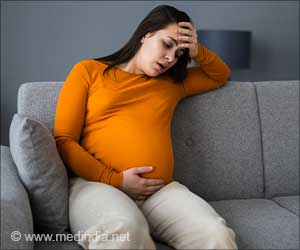The study came after The Lancet had retracted a controversial 1998 article suggesting that vaccines contributed to autism risk.
A new study has revealed that there is no evidence that the measles vaccine-given alone or as part of a combined measles, mumps, and rubella (MMR) vaccine-increases the risk of autism in children.
The study came after The Lancet had retracted a controversial 1998 article suggesting that vaccines contributed to autism risk.The Lancet paper-which alarmed parents worldwide and led to sharp drops in measles and MMR vaccination rates in some places-has since been debunked amidst allegations of ethical and scientific misconduct.
A research team, led by Dorota Mrozek-Budzyn, of Jagiellonian University Collegium Medicum, in Krakow, Poland, compared 96 Polish children with autism to a carefully matched set of 192 children without autism.
Statistical techniques were used to look for any relationship between measles vaccination and the development of autism.
The results showed no evidence that children receiving measles vaccine-alone or as part of the MMR vaccine-were more likely to develop autism.
This was so after adjustment for known risk factors for autism, including the mother's age and education, length of gestation, medications during pregnancy, and the child's condition after birth.
Advertisement
The study appears in The Paediatric Infectious Disease Journal.
Advertisement










